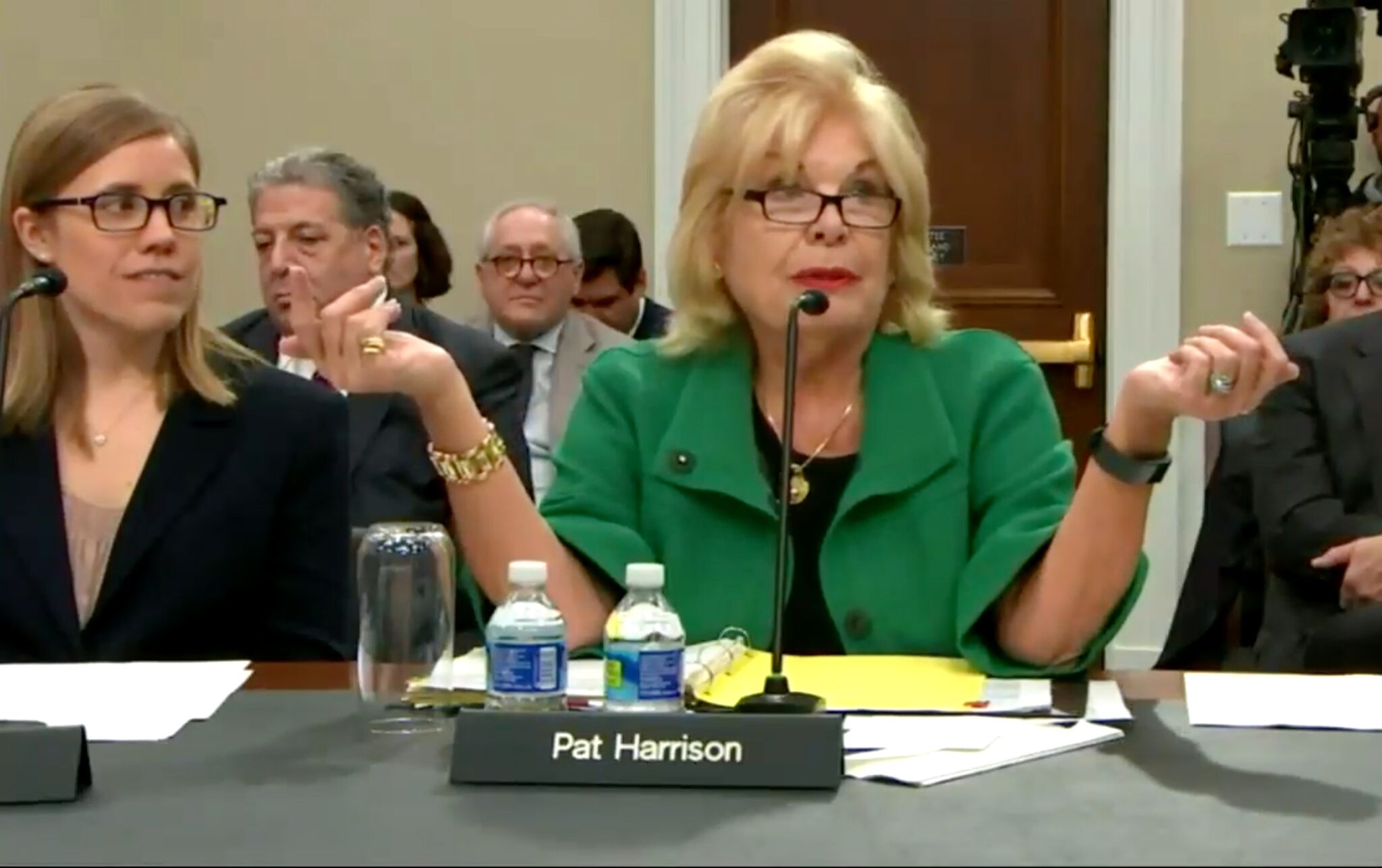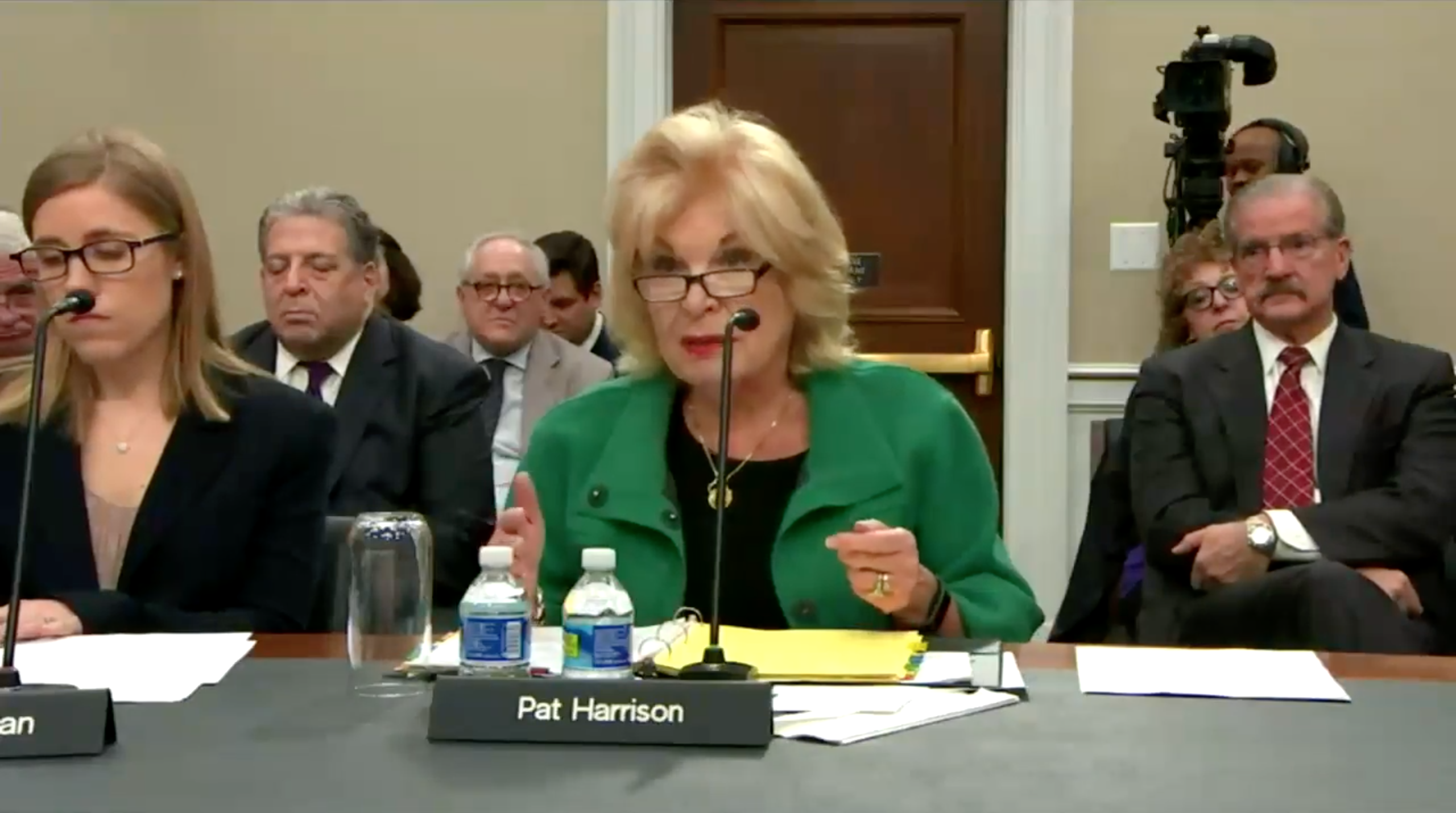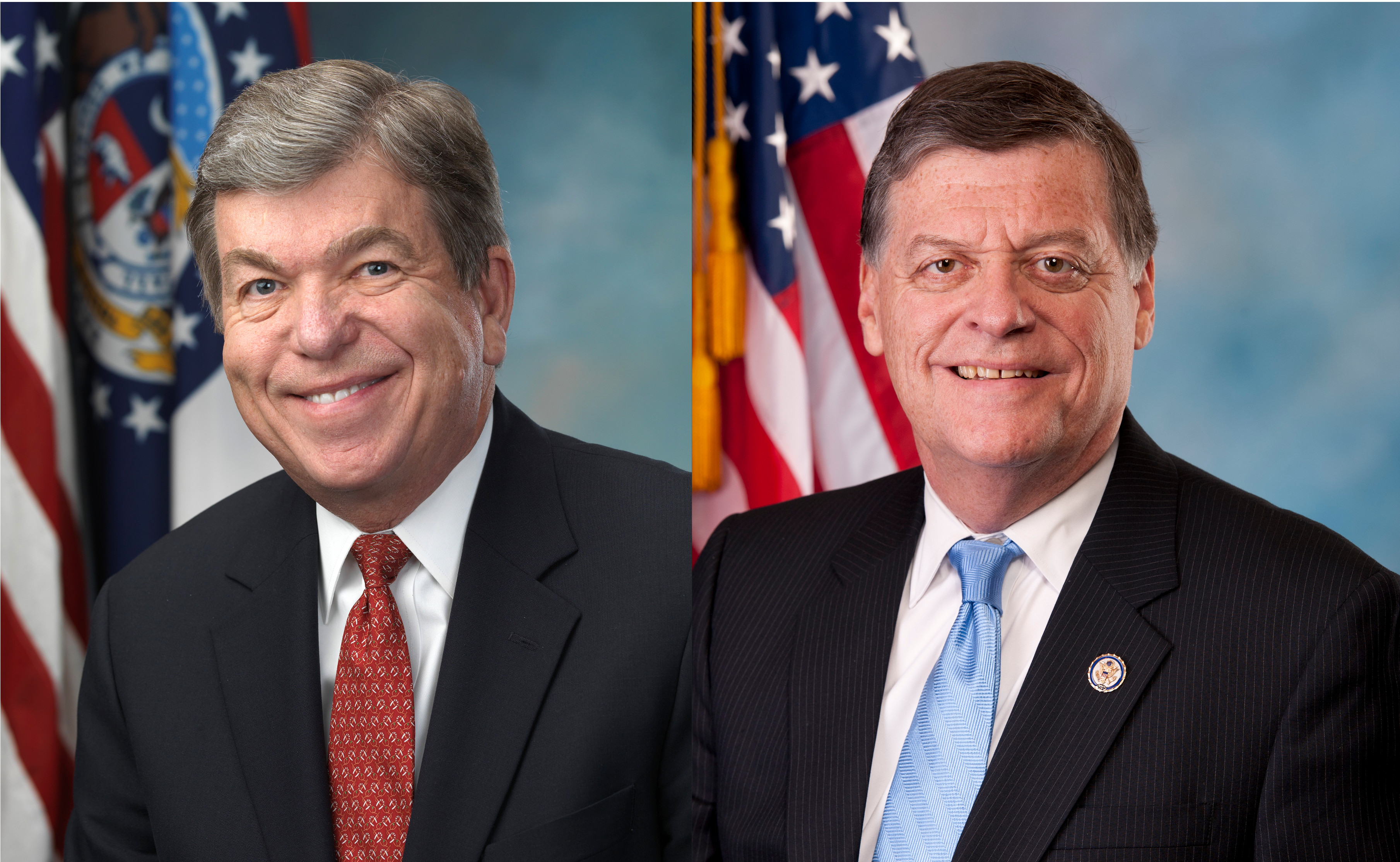System/Policy
Legislators approve budget that cuts $1M from West Virginia Public Broadcasting
It's unclear if Gov. Justice, who expressed support for maintaining full funding to WVPB, will sign the bill.Independent filmmakers group stands up to Capitol Hill criticism
A Republican lawmaker accused CPB having an “agenda” by supporting three films.University chancellor called for reporter’s firing from WUTC
Jacqui Helbert filed a lawsuit over her dismissal.More members of Congress sign on to public broadcasting support letter
Seventeen House Republicans are among 166 members of Congress advocating for CPB's appropriation.West Virginia Senate committee budget bill would zero out WVPB funding
The cut comes after West Virginia's governor restored funding in his proposal.CPB Board hears forecast of financial strain in auction repack phase
The FCC will initially cover 90 percent of station expenses, but some stations may have to carry forward a portion of costs.FCC revises third-party fundraising proposal to exempt CPB-funded stations
The rule, scheduled for an April 20 vote, would allow public stations to seek waivers if they choose to fundraise for other ...CPB board members excoriate colleague for publicly backing defunding
Board members called Howard Husock an “embarrassment.”PBS Board approves national promotion of Passport premium
The board also approved a $323.9 million budget proposal for FY18 with no member dues increase.Virginia network gets $182M from sale of two stations in spectrum auction
The stations air a mix of international programming, including some locally produced shows.3 warnings for news departments from the WUTC incident
Last week’s firing of a reporter should be a learning experience for public media stations, particularly those licensed to entities with agendas ...CPB president visits Congress to defend threatened funding request
The appearance was Pat Harrison’s first before the House subcommittee in 10 years.Watch CPB’s CEO testify before Congress
Pat Harrison visited the Hill to explain why public media deserves federal support.How key committee members in Congress have voted on pubmedia funding
Past votes may indicate how legislators weighing in on CPB’s appropriation will address the White House’s proposed end to federal funding.5 things you need to know about threats to CPB funding
The likelihood of total defunding seems slim — but public media would surely see some changes if support really were cut.







